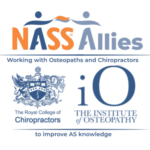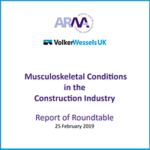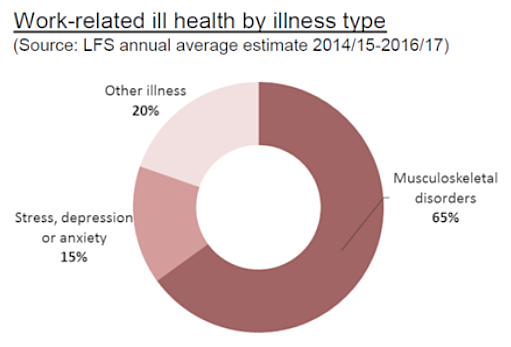
Designing care for people living with both mental health problems and persistent back and neck pain
by Jenna Collins, Marketing and Communications Manager, Q Labs, The Health Foundation
In September 2018, the Q Improvement Lab (part of the Health Foundation) and Mind embarked on a year-long collaboration to understand how care can be improved across mental health and persistent back and neck pain.
The Q Lab and Mind have recently shared the first insights from  this work, drawing on the experiences of over 100 collaborators to give an overview of why this challenge warrants attention and promising opportunities to improve care.…
this work, drawing on the experiences of over 100 collaborators to give an overview of why this challenge warrants attention and promising opportunities to improve care.…
Read more of this article
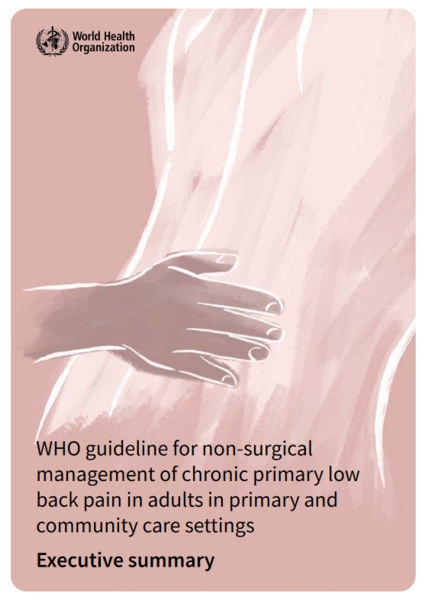 The World Health Organisation have recently published a new guideline for non-surgical management of chronic primary low back pain in adults in both primary and community care settings.
The World Health Organisation have recently published a new guideline for non-surgical management of chronic primary low back pain in adults in both primary and community care settings.
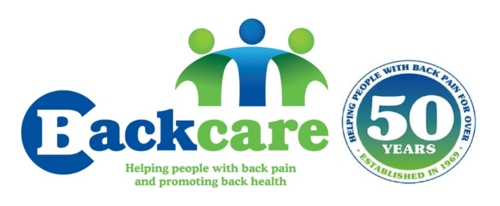
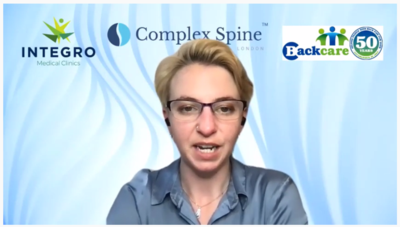

 The 2020 Backcare Awareness Week runs from 5-9 October.
The 2020 Backcare Awareness Week runs from 5-9 October.

 Health Education England e-Learning for Healthcare (HEE e-LfH) has worked with ESCAPE-pain and the Health Innovation Network to develop two e-learning resources, aimed at helping healthcare professionals and exercise instructors understand the principles behind the ESCAPE-pain programme – facilitating group education and exercise sessions for people living with chronic joint pain and learning how the programme may be implemented in their organisation.
Health Education England e-Learning for Healthcare (HEE e-LfH) has worked with ESCAPE-pain and the Health Innovation Network to develop two e-learning resources, aimed at helping healthcare professionals and exercise instructors understand the principles behind the ESCAPE-pain programme – facilitating group education and exercise sessions for people living with chronic joint pain and learning how the programme may be implemented in their organisation.
 I’ve read a few things about how hard it is to get going after the festive break, or “blue Monday” part way through January, rumoured to be the most depressing day of the year. I’ve had a very different experience this year with a positive start to 2020. January has involved conversations and planning for our 2020 activities. Lots of positivity from members and stakeholders means I’m optimistic and looking forward to a successful year.
I’ve read a few things about how hard it is to get going after the festive break, or “blue Monday” part way through January, rumoured to be the most depressing day of the year. I’ve had a very different experience this year with a positive start to 2020. January has involved conversations and planning for our 2020 activities. Lots of positivity from members and stakeholders means I’m optimistic and looking forward to a successful year.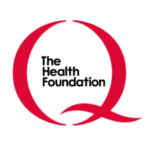

 this work, drawing on the experiences of over 100 collaborators to give an overview of why this challenge warrants attention and promising opportunities to improve care.…
this work, drawing on the experiences of over 100 collaborators to give an overview of why this challenge warrants attention and promising opportunities to improve care.… 